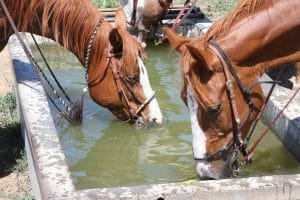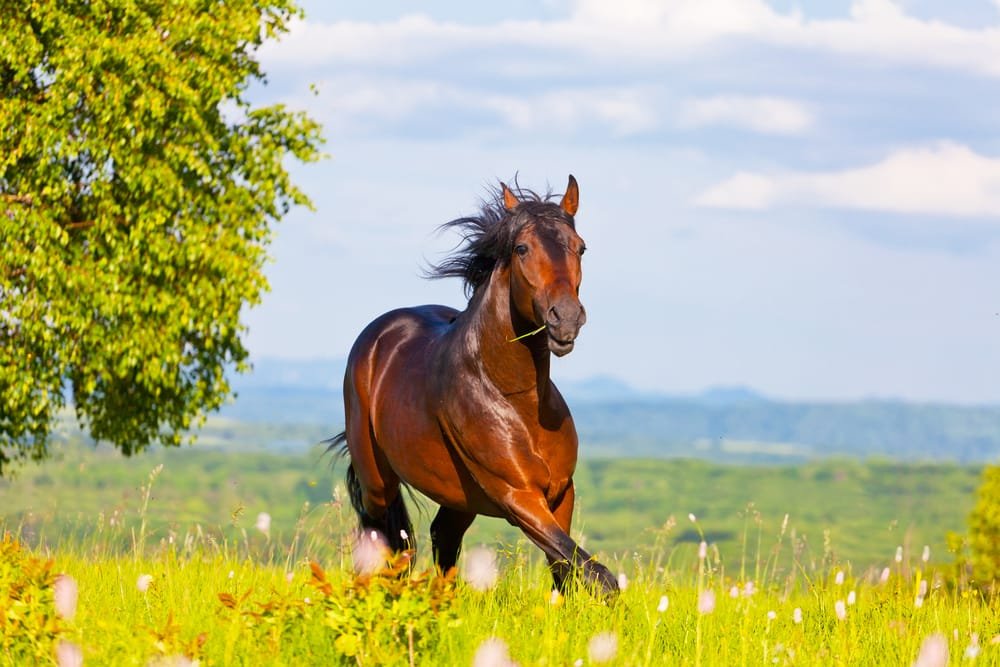Summer brings warmth and longer days,
but it also poses unique challenges for horse owners. Protecting your horse from sunburn and pesky insects is essential for their comfort and health. Here’s how to ensure your horse stays safe and comfortable during the summer months.
1. Understanding Sunburn Risks
Just like humans, horses can suffer from sunburn, especially those with:
- Light-colored coats
- Thin or sparse fur
- Pink skin (particularly around the nose and ears)
Sunburn can lead to skin irritation, peeling, and even more serious skin conditions over time.
2. Use Sunscreen Products
To protect against sunburn, consider using equine-specific sunscreen products. Look for:
- Broad-spectrum sunscreens: These protect against both UVA and UVB rays.
- Water-resistant formulas: These help maintain protection even if your horse sweats or gets wet.
Apply sunscreen to vulnerable areas such as the nose, ears, and any areas with thin hair.
3. Provide Shade
Ensuring your horse has access to shade can significantly reduce the risk of sunburn. Options include:
- Trees: Natural shade from trees can provide a cool retreat during peak sun hours.
- Shelters: Installing run-in sheds or providing access to barns can help shield horses from direct sunlight.
Encourage your horse to seek shade, especially during the hottest parts of the day.
4. Adjust Turnout Schedules
Consider adjusting your horse’s turnout schedule to avoid peak sun hours. Early morning or late evening turnout can minimize sun exposure. Monitor your horse’s behavior and adjust based on their comfort level.
5. Insect Control Measures
Insects can be a significant nuisance during the summer, leading to discomfort and potential health issues. Here’s how to manage them:
- Fly sheets: Lightweight, breathable fly sheets can protect your horse from bites while allowing airflow.
- Fly masks: These can protect your horse’s face and eyes from flies and UV rays.
- Repellents: Use safe insect repellents to deter flies, mosquitoes, and ticks. Look for natural options or equine-specific formulas.
6. Maintain a Clean Environment

Keeping your horse’s living area clean can help reduce insect populations. Key practices include:
- Regular mucking out: Remove manure and soiled bedding frequently to minimize breeding grounds for flies.
- Proper waste management: Composting or disposing of manure can further reduce insect attraction.
7. Monitor for Allergies and Irritations
Some horses may develop allergic reactions to insect bites or sun exposure. Keep an eye out for:
- Excessive scratching or rubbing
- Skin irritations or rashes
- Swelling around bite areas
If you notice any concerning signs, consult your veterinarian for advice on treatment and management.
8. Hydration and Nutrition
Summer heat can increase your horse’s risk of dehydration. Ensure they have constant access to clean, fresh water. A balanced diet with the right nutrients will support their skin health, too. Consider:
- Electrolytes: Providing electrolytes can help replenish lost minerals due to sweating.
- Omega fatty acids: Supplements rich in omega-3 and omega-6 can support skin health and reduce inflammation.
Taking proactive steps to care for your horse’s skin during the summer months is essential for their health and comfort. By using sunscreen, providing shade, implementing insect control measures, and maintaining a clean environment, you can protect your horse from sunburn and insects. Regular monitoring and proper nutrition will further enhance their summer well-being. With these strategies, your horse can enjoy a safe and comfortable summer!




